Why Russia doesn't build shelters
Some argue that building shelters for nuclear bombers, a key component of Russia’s nuclear triad, should have been a priority from the moment the fleet was created. According to Topwar’s military experts, when looking closely at the situation, there is one important factor that influenced Russia’s decision.
Russian Tu-95 strategic bomber. Photo: WIkipedia
The New Strategic Arms Reduction Treaty (START-3) between Russia and the United States, which has been extended until February 2026, remains in force, despite the fact that the treaty's control mechanisms have been frozen. One of the key elements of the agreement is transparency: strategic bombers must be parked in open areas so that their number and status can be verified through satellite reconnaissance or inspection. This rule is intended to reduce the risk of distrust between the parties, preventing misunderstandings or unexpected incidents that could escalate tensions.
In 2023, Moscow ended its participation in inspection procedures and stopped exchanging data on its nuclear arsenal. Despite this decision, Russia still publicly disclosed the number of strategic bombers, to confirm that Moscow is still in compliance with the treaty. The United States has not completely withdrawn from START-3 and wants to maintain the treaty and its control mechanisms with Russia. This may be the main reason why Russia still bases its strategic bombers in the open, and Ukraine took advantage of this “loophole” to launch large-scale attacks on Russian military airfields.
Impact on the battlefield situation
According to analysts, the attack, which Ukraine calls “Operation Spider Web,” was complex and daring. Kiev sought to plant drones in Russian regions from Murmansk to Irkutsk, attacking airfields that house Tu-95 and Tu-22 strategic bombers and A-50 reconnaissance aircraft.
Media reports said 40 Russian aircraft were hit in the attack. The Ukrainian Security Service, which planned and carried out the operation, claimed that the attack destroyed 34 percent of Russia's strategic bombers capable of carrying cruise missiles. Russian defense sources said that while some aircraft caught fire as a result of the attack, no real damage was caused.
Ukraine’s “Operation Spider Web” has shown the effectiveness and danger of unconventional attacks. This is also one of the main features of the conflict. The attack can significantly affect the situation on the battlefield, in a context where the advantage is tilted towards Russia.
Regardless of the number of aircraft destroyed, observers say that Russia will be more cautious in deploying its remaining bombers in the coming period. The latest attack by Ukraine may reduce the role of Russian bombers in attacking Ukraine’s front lines, infrastructure and cities. However, Russia still has plenty of missiles and drones to continue its campaign of strikes against military targets in Ukraine.
Notably, the Tu-95 and Tu-22 bombers are capable of carrying nuclear weapons. The loss of some of these bombers could weaken Moscow’s nuclear triad, which consists of an air component (strategic bombers), a land component (missiles), and a sea component (submarines).
Predicting the reaction of Russia and the US
Most observers expect the Kremlin to respond to Ukraine’s latest offensive sooner or later. While some military bloggers have suggested that Russia might use tactical nuclear weapons, many have speculated that Moscow will respond in a more conventional way, such as launching larger and more powerful airstrikes on Ukraine. Given Putin’s calculations and goals for the war, the use of nuclear weapons is not a priority for Russia.
A key question is how the Trump administration will respond to the attack. Hours after the news broke, the White House said only that Ukraine had not notified it of the operation. The attack came just days after a visit to Ukraine by Senators Lindsey Graham and Richard Blumenthal, who announced that the Senate would convene next week to consider a bill they had spearheaded to impose additional major sanctions on Russia.
President Trump has been under fire for not doing more to pressure Russia after President Putin rejected a proposal for a prolonged ceasefire. Analysts say the Ukrainian offensive could give Trump new leverage. The US leader could cite the attack and political pressure in Washington to pressure Russia as reasons to urge Moscow to accept a ceasefire.
Source: https://khoahocdoisong.vn/vi-sao-nga-de-may-bay-nem-bom-chien-luoc-lo-thien-bat-chap-rui-ro-lon-post1545319.html


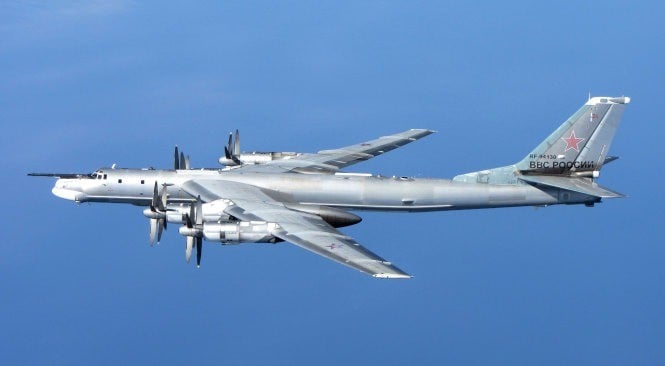






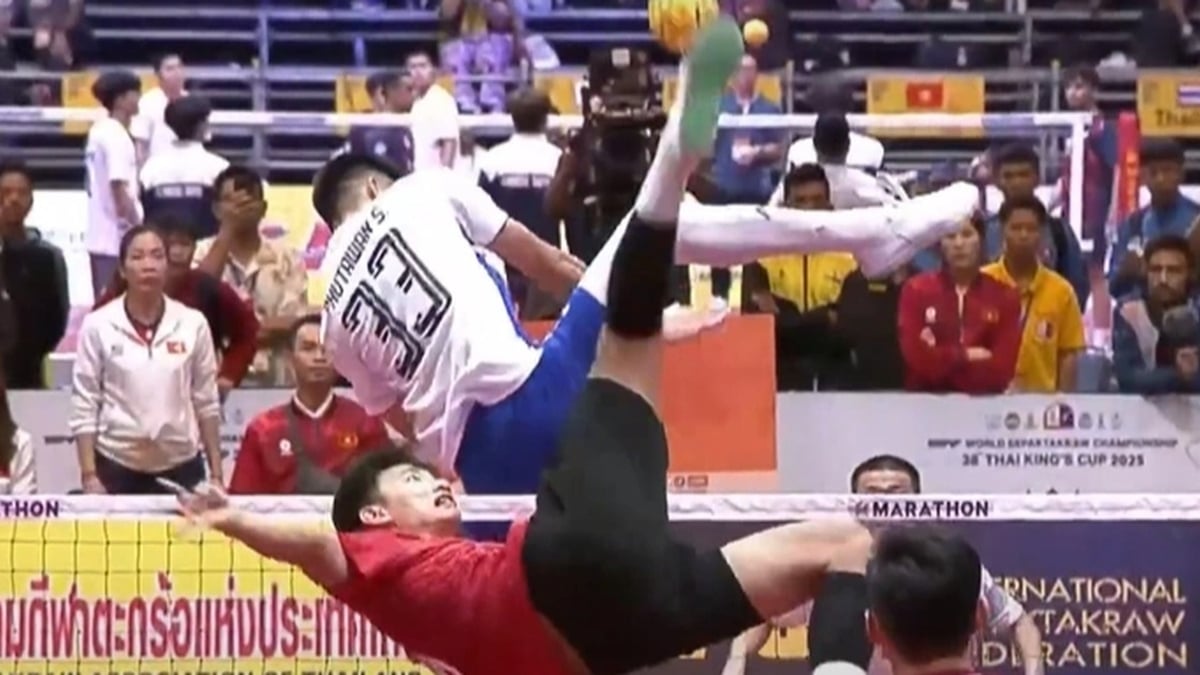
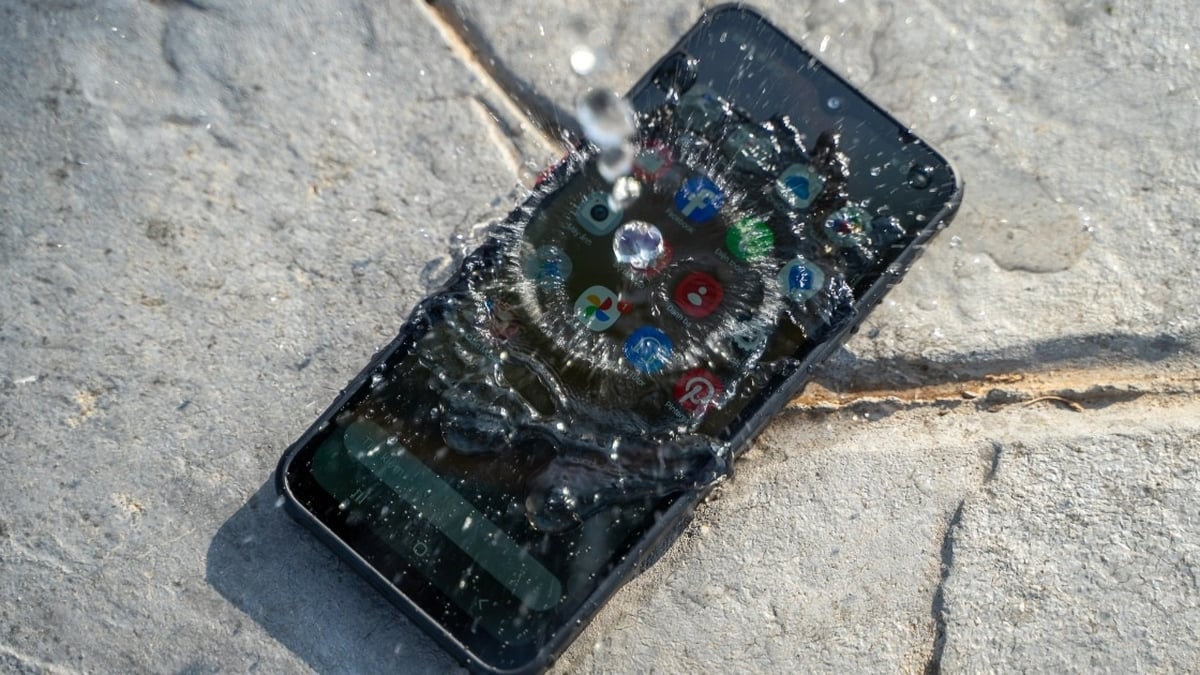


















![[Photo] Signing of cooperation between ministries, branches and localities of Vietnam and Senegal](https://vphoto.vietnam.vn/thumb/1200x675/vietnam/resource/IMAGE/2025/7/24/6147c654b0ae4f2793188e982e272651)






















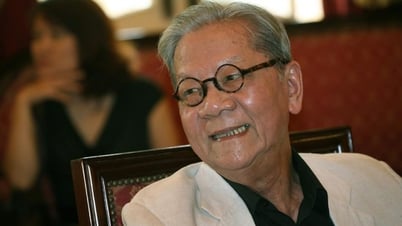

















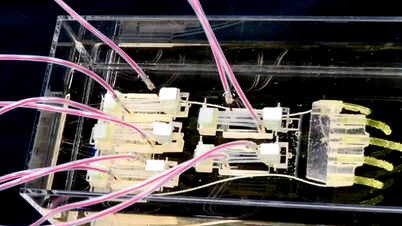
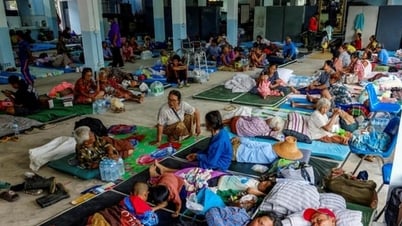
































Comment (0)